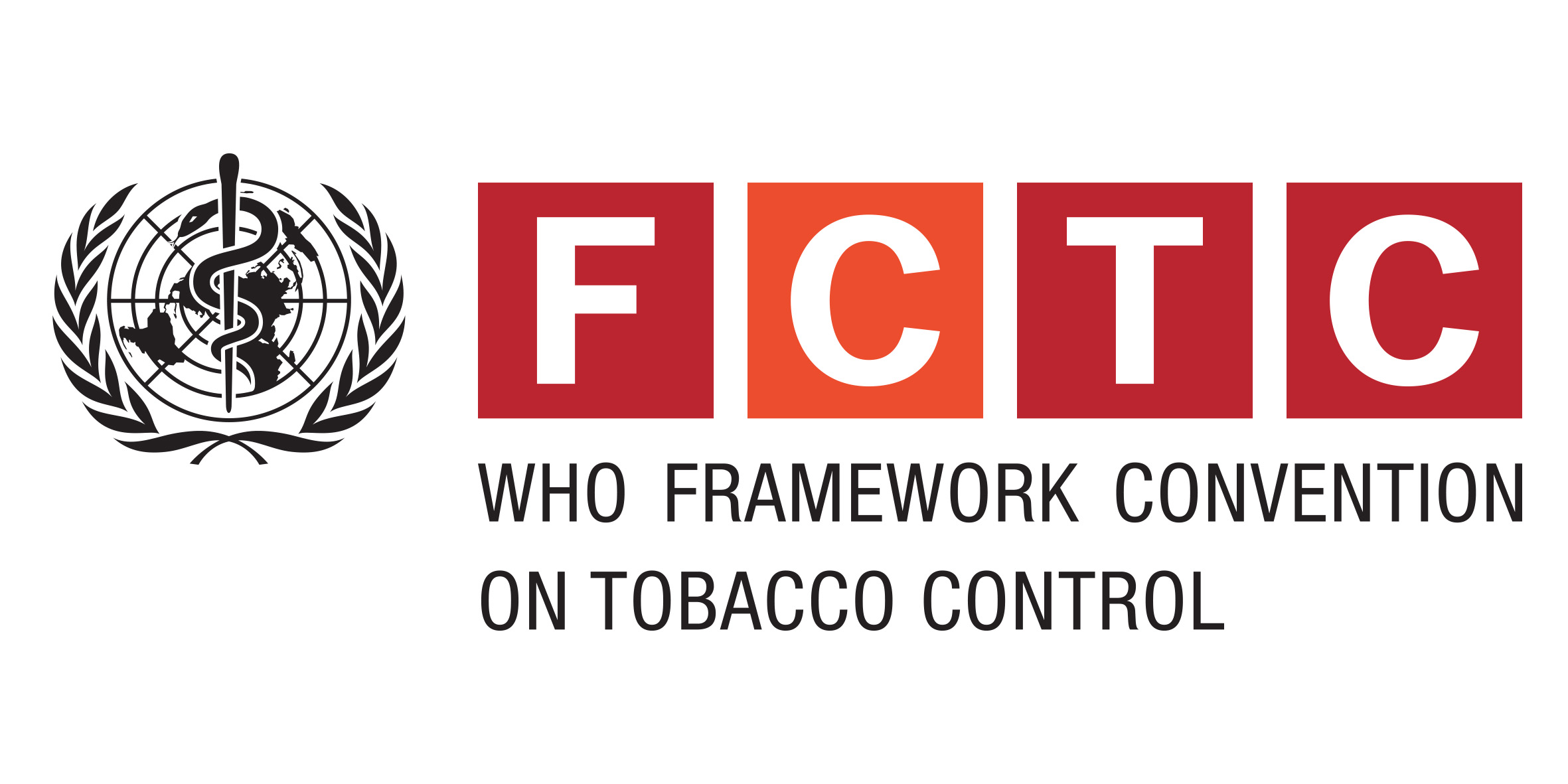Journal Article
Print(0)
Analytica Chimica Acta
Anal.Chim.Acta
16-Mar
636
1
28
33
LR: 20131121; JID: 0370534; 0 (Polycyclic Hydrocarbons, Aromatic); 0 (Water Pollutants, Chemical); 059QF0KO0R (Water); 178A96NLP2 (Dodecanol); 2008/10/25 [received]; 2008/12/24 [revised]; 2009/01/14 [accepted]; 2009/01/21 [aheadofprint]; ppublish
Netherlands
1873-4324; 0003-2670
PMID: 19231352
eng
Journal Article; Research Support, Non-U.S. Gov't; IM
10.1016/j.aca.2009.01.028 [doi]
Unknown(0)
19231352
A new dispersive liquid-liquid microextraction based on solidification of floating organic droplet method (DLLME-SFO) was developed for the determination of five kinds of polycyclic aromatic hydrocarbons (PAHs) in environmental water samples. In this method, no specific holder, such as the needle tip of microsyringe and the hollow fiber, is required for supporting the organic microdrop due to the using of organic solvent with low density and proper melting point. Furthermore, the extractant droplet can be collected easily by solidifying it in the lower temperature. 1-Dodecanol was chosen as extraction solvent in this work. A series of parameters that influence extraction were investigated systematically. Under optimal conditions, enrichment factors (EFs) for PAHs were in the range of 88-118. The limit of detections (LODs) for naphthalene, diphenyl, acenaphthene, anthracene and fluoranthene were 0.045, 0.86, 0.071, 1.1 and 0.66ngmL(-1), respectively. Good reproducibility and recovery of the method were also obtained. Compared with the traditional liquid-phase microextraction (LPME) and dispersive liquid-liquid microextraction (DLLME) methods, the proposed method obtained about 2 times higher enrichment factor than those in LPME. Moreover, the solidification of floating organic solvent facilitated the phase transfer. And most importantly, it avoided using high-density and toxic solvent in the traditional DLLME method. The proposed method was successfully applied to determinate PAHs in the environmental water samples. The simple and low-cost method provides an alternative method for the analysis of non-polar compounds in complex environmental water.
Dodecanol/chemistry, Environmental Monitoring, Phase Transition, Polycyclic Hydrocarbons, Aromatic/analysis/isolation & purification, Reproducibility of Results, Temperature, Time Factors, Water/chemistry, Water Pollutants, Chemical/analysis/isolation & purification
Xu,H., Ding,Z., Lv,L., Song,D., Feng,Y. Q.
Department of Chemistry, Wuhan University, Wuhan 430072, China. huixu@mail.ccnu.edu.cn
20090121
http://vp9py7xf3h.search.serialssolutions.com/?charset=utf-8&pmid=19231352
2009

